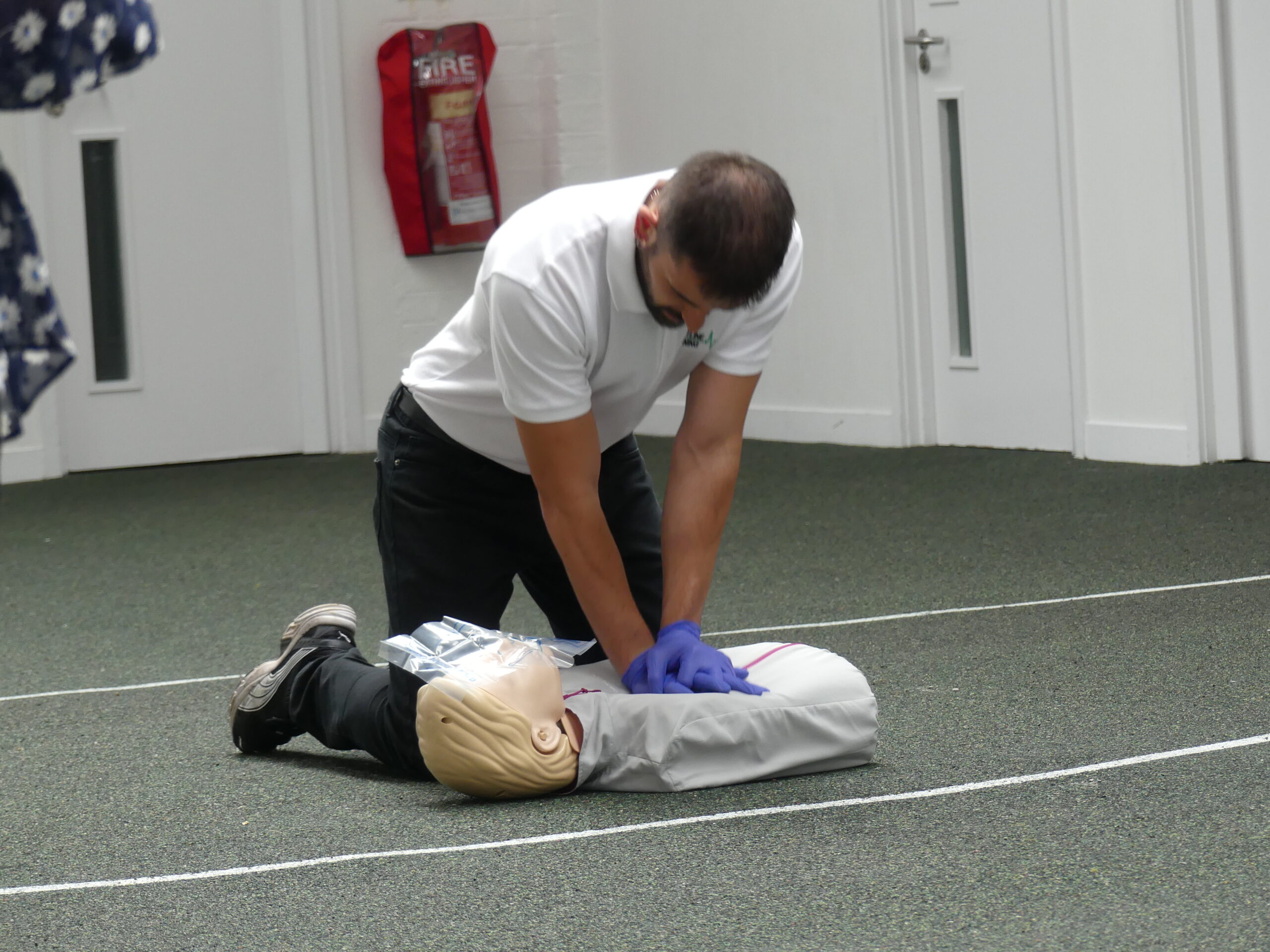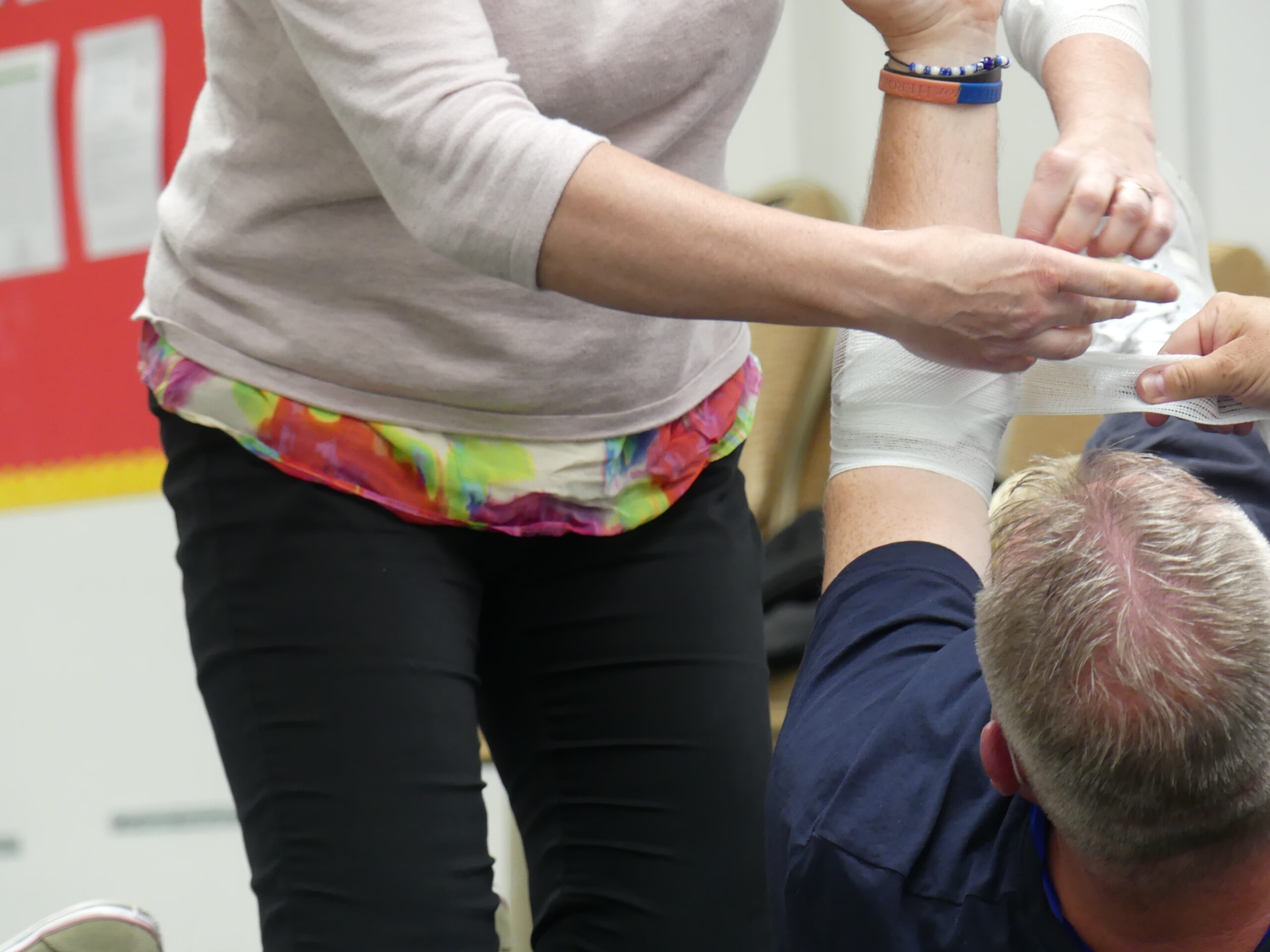Casualty Management
Prioritise your own well-being and maintain self-awareness to identify any signs you are starting to feel stressed or pressured. Respond to casualties with composure and empathy, as it is vital to instil reassurance in the casualty and keep effective communication to gather any required information from them.
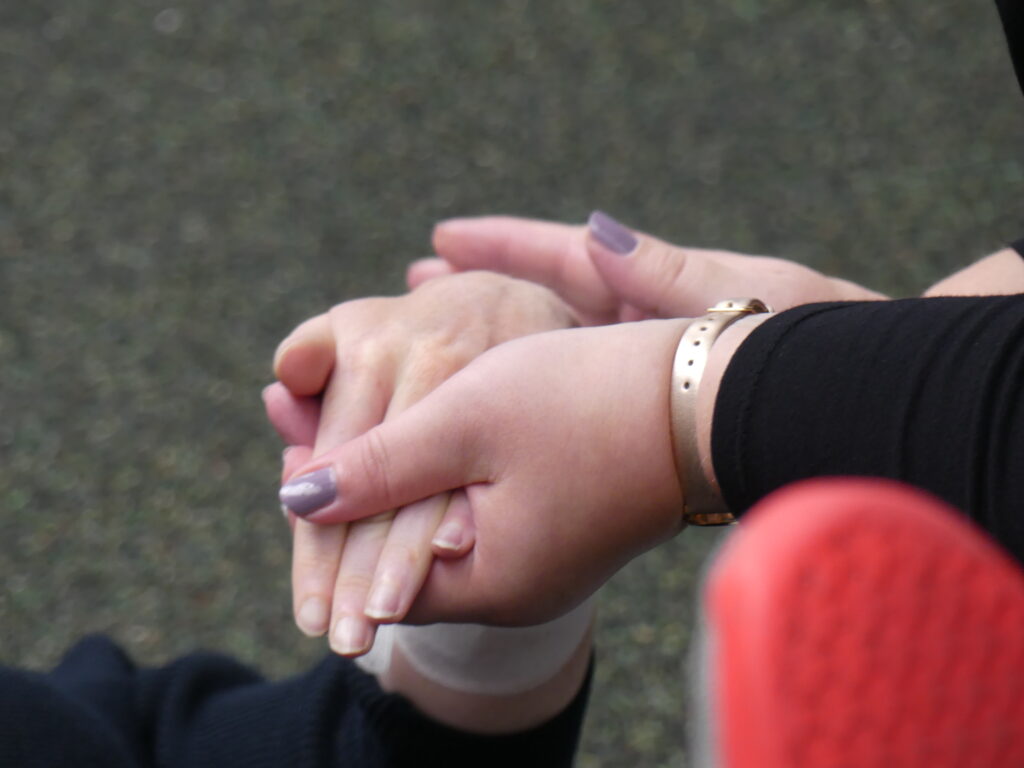
Emergency Advice ⚠️
Challenging first aid scenarios:
- Stay composed.
- Identify potential dangers and stay safe.
- Establish and sustain trust.
- Administer effective and prompt treatment.
- If concerned or there is threat to life, dial 999 immediately.
Actions to take
- Assess the situation
Ensure the environment is safe for both you and the injured person.
- Assess the injured person(s) and prioritise who needs your help the most
Check their condition and the severity of the injury or illness. Evaluate their responsiveness, breathing, and pulse.
- Call for help
If the situation is serious or beyond your level of training, dial emergency services on 999 or 112.
- Provide immediate care
Administer first aid if trained, addressing immediate threats to breathing, bleeding, or injury stabilization.
- Comfort and reassure
Keep the casualty calm and offer emotional support. Stay with them during care.
- Maintain body temperature (as well as your own!)
Ensure the casualty is kept warm or cool, as needed, to prevent hypothermia or overheating.
- Monitor and reassess
Continuously monitor the casualty’s condition and reassess vital signs – responsiveness, breathing and pulse.
- Provide specific care as needed
Consider any medical conditions, allergies, or specific needs of the individual.
- Documentation
If possible, keep a record of care provided, relevant medical history, changes in condition, and treatments given.
- Follow-up
Ensure the casualty receives appropriate follow-up care, which may involve seeking medical attention or arranging further assistance.
Make sure to look after yourself and take the time to process what happened. Speak to a friend, colleague, a Mental Health First Aider or your GP if you are feeling overwhelmed, especially after witnessing traumatic events.
Train with us
This subject is covered in detail on the following courses that we offer:
- First Aid at Work
- Emergency First Aid at Work
- Paediatric First Aid
- Emergency Paediatric First Aid
- First Aid at Work Requalification
- Combined First Aid at Work and Paediatric First Aid
Be prepared for anything with our first aid supplies 👀
-
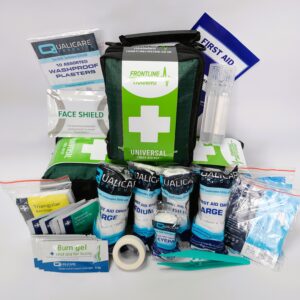 Universal First Aid Kit£15.00
Universal First Aid Kit£15.00 -
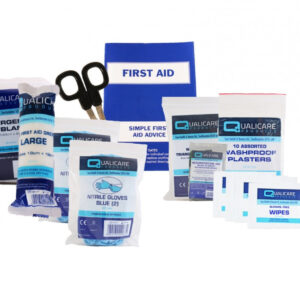 First Aid Kit – Refill£7.95
First Aid Kit – Refill£7.95 -
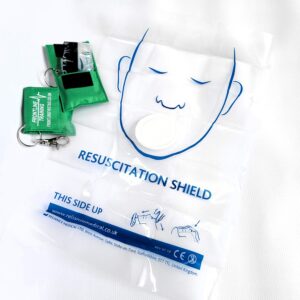 CPR Face Shield Key Ring£3.50
CPR Face Shield Key Ring£3.50
